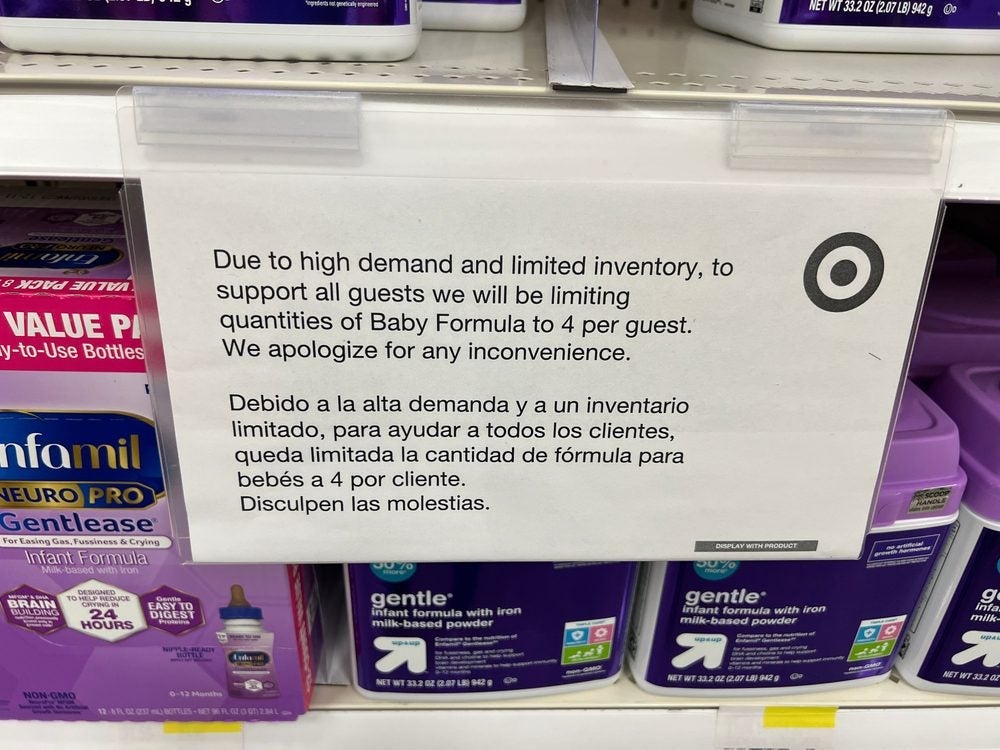A little more than two months ago, Valueclick announced an inquiry into their lead generation practices by the FTC. As required by securities law, the company filed a Form 8-K acknowledging the receipt of a letter of inquiry, writing that the FTC was looking "into whether or not its "lead generation activities violate either the Federal Trade Commission Act or the CAN-SPAM Act. Specifically, the FTC is investigating certain ValueClick websites which promise consumers a free gift of substantial value, and the manner in which the Company drives traffic to such websites, in particular through email". If you didn’t follow our space closely, you wouldn’t know what that means or what impact it could have on the company. Judging by the stock price, you could only assume, very little, their share price continued to climb an additional 15% post-announcement.
Valueclick had incredibly strong results from the first quarter of the year, enough so that two out of the three analysts we read regularly either remained or increased their bullishness on the company. One, didn’t – Jordan Rohan of RBC Capital Markets. For those in our space and those following our space, Mr. Rohan has become more and more of a household name. When Valueclick issued their FTC related 8-K, Jordan quickly sent a report with his thoughts, something he does regularly when news arises from stocks he covers. A wide audience will receive the report, but he writes so that RBC clients can understand the impact of the news and make informed decisions with their money. This report came out on the day of the 8-K, in May, and said, We believe there is significant risk to earnings, as the company may be forced to stop selling and re-selling email addresses captured from consumers in pursuit of items marketed as free (which required multiple purchases)." As for the rise in the share price? The surprising announcement by Microsoft to buy aQuantive and for an eighty percent premium in the stock price buoyed almost every internet advertising stock of small to midsize companies.
Fast forward to a few days ago when Valueclick announced their Q2 earnings, and Jordan was proved right. The company came in at the lower end of estimates for revenue and below the ranges given for profit. And, in many ways, we have the FTC to thank (or blame). Those in the online advertising space understood that Valueclick took an aggressive stance in its promotional lead gen. We documented this in "Incentive Promotion Acting Badly?" where we saw that a typical user had to first enter their basic information, continue through a survey, and then complete the required offers. Each step, though, carried with it hurdles for completion. The survey had 15 steps and well over a hundred questions. The offers that actually subsidized the product had to be completed within 60 days, often required other households to participate, and mailing in a redemption form within a certain amount of time upon completing the offers. If .01% of the users that started the path finished, that would come as a surprise, on the high side. In other words, it wasn’t easy. Advertisers liked the volume, but didn’t like the increased overhead that came with the higher volume, lower quality leads.
At the core, incentive promotion offers drive conversions on other offers. They are like a grocery store, except they stock ads and have a hook to get customers in, much like the allure of a ninety-nine cent store. While they might not like it, the FTC does not question the model itself. Instead, they went after components of it that contributed to user frustration such as the abundance of email marketing that results from signing up, and the advertisers inside the path, namely those in the survey that users saw first but didn’t contribute towards the redemption process. The questioning of some of the process spooked those at the end of the process, namely the brand name advertisers, many of whom were on the fence. And, to avoid any potential negative exposure, some of the larger brands pulled out, one even facing an inquiry of its own as a result of marketing incentive promotion. And, while the incentive promotion process contains a lot of actual offers, it doesn’t have a large reservoir of brand names, those whose logos often end up appearing on the landing page to add to consumer trust. Take one or two out, and you can change, materially, the economics. They will still be profitable, but not as profitable, and that’s exactly what we saw play out when Valueclick’s earnings and guidance came out.
Valueclick is a strong company, and it will make its money back. They still do in a quarter what many in our space target as yearly revenue. Lead generation, too, will survive. If anything, it will do better if it can disassociate from incentive promotion and the "survey." What’s in question is incentive promotion offers, and that matters because they make up such a meaningful percentage of affiliate network inventory and ad network inventory. Like email marketing, it takes incredible specialization to compete effectively in the space, and Valueclick had that with their Hispeed Media and Webclients division. They became so effective at the monetization of a user that other companies who might normally create their own incentive promotion offer, started to tap into Valueclick’s infrastructure instead. Today, a surprising number of businesses rely on Valueclick, and while other players exist, any statistically significant change in their offers’ economics can have a ripple effect that could ultimately hurt Valueclick even further. Interestingly, for those other companies and unintended dependents, they might not feel the effect. There is a chance that now, more than ever, Valueclick will keep pushing and not lower the rates they pay out to protect what traffic they do have. One way or another, though, alternate incentive models such as Trialpay will continue to gain favor, but they play outside the typical adnetwork and affiliate space. Their success won’t ride the tides the way Valueclick has. In the short-term, ringtones will benefit, but the opportunity calls for everyone else, e.g. the next Webclients or AdDrive.
 Network
Network

